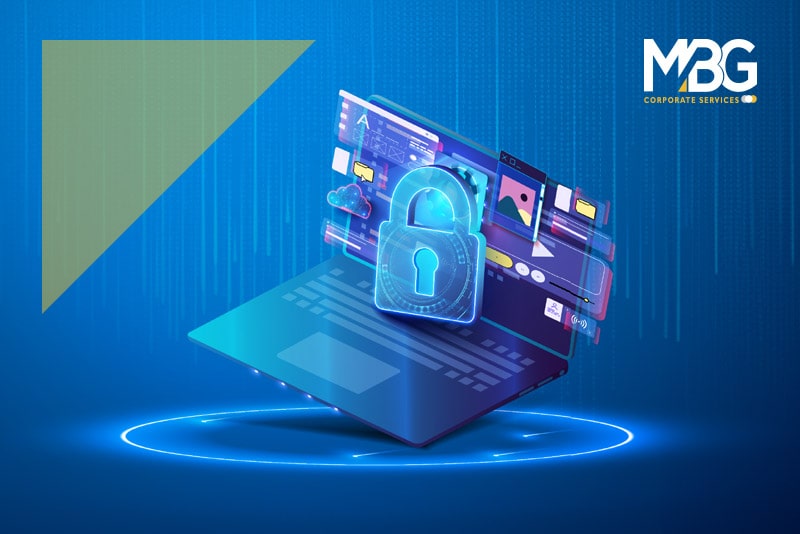Safeguarding Your Business: The Importance of NESA Compliance
May 08, 2024

In today's digital age, protecting sensitive information is paramount, especially with the rise of cyber threats. Organizations must take proactive measures to secure their data and infrastructure, and one crucial step is ensuring compliance with the National Electronic Security Authority (NESA) in the UAE.
NESA, established as a federal body, plays a pivotal role in safeguarding the nation's critical infrastructure by mandating compliance for organizations possessing vital assets. NESA sets a standard of security that effectively defends against cyber threats.
NESA's framework comprises 188 security controls, meticulously crafted to address various aspects of cybersecurity. These controls are divided into two families:
Management Controls: Including strategic planning, compliance management, information security risk assessment, and human resource security.
Technical Controls: Covering information system acquisition, access control, operations management, physical and environmental security, communications security, and incident management.
Furthermore, these controls are structured into a four-tiered priority system:
Priority 1 (P1): 39 controls
Priority 2 (P2): 69 controls
Priority 3 (P3): 35 controls
Priority 4 (P4): 45 controls
The priority system categorizes security controls based on their importance and urgency, helping organizations focus on addressing critical cybersecurity risks first.
Here's a breakdown of how the priority system works:
Priority 1 (P1): These controls are the most critical, addressing cybersecurity risks that pose the highest threat. They require immediate attention to mitigate vulnerabilities that could lead to severe security breaches.
Priority 2 (P2): While still important, P2 controls may not pose an immediate threat. Implementing them strengthens overall cybersecurity posture and resilience.
Priority 3 (P3): P3 controls address important risks but are less critical than P1 and P2. Implementing them is necessary to ensure comprehensive cybersecurity protection.
Priority 4 (P4): P4 controls are essential for maintaining cybersecurity resilience, though they are considered less critical than controls in higher priority levels.
NESA compliance is vital for several reasons:
Enhancing Cybersecurity: By implementing robust security measures, organizations can strengthen their cybersecurity posture.
Building Trust and Confidence: Compliance with NESA regulations instills trust and confidence among stakeholders.
Mitigating Risks: NESA compliance involves assessing and mitigating risks associated with cyber threats.
Legal and Regulatory Requirements: Compliance with NESA standards is often a legal requirement, ensuring regulatory compliance.
Fostering a Culture of Security: NESA compliance promotes a culture of security within organizations, creating a vigilant workforce.
In conclusion, NESA compliance is essential for organizations operating in the UAE, providing a framework for enhancing cybersecurity, building trust, mitigating risks, and ensuring legal compliance.
At MBG, we offer comprehensive services to help organizations achieve and maintain compliance, supporting their journey towards a more secure future. Contact us today to learn more.






